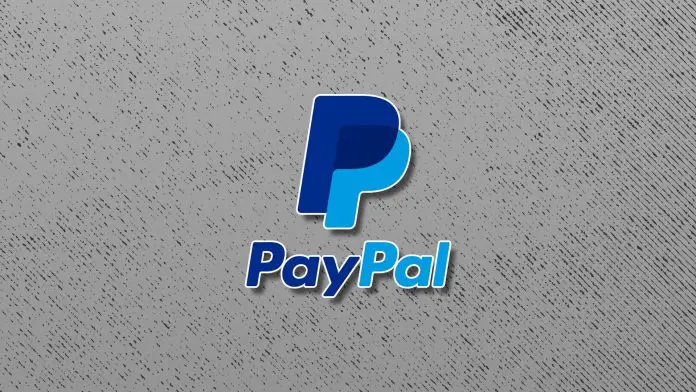PayPal has made a significant move in the realm of digital payments by expanding its PayPal USD (PYUSD) stablecoin to Arbitrum, a Layer-2 blockchain solution known for its efficiency. This expansion not only strengthens PYUSD’s utility but also enhances the versatility of payment applications, creating actionable opportunities for small business owners.
With this deployment, developers can integrate PYUSD seamlessly into their applications without the need to rewrite existing code. "A key to any cryptocurrency’s success is a robust developer ecosystem, but to encourage developers into the community, we must give them the tools they need to build and deploy wherever they wish," said May Zabaneh, Vice President of Product at PayPal. The introduction of Layer-2 capabilities allows for faster and cheaper transactions compared to traditional blockchain networks.
The timing of this launch is particularly relevant for small businesses seeking alternatives to traditional payment processors, which often impose high transaction fees. By adopting PYUSD on Arbitrum, businesses can take advantage of near-instant transactions that are settled in seconds, providing a frictionless payment experience for customers.
Key benefits of this development include:
-
Near Instant Settlement at Scale: Transactions on Arbitrum happen quickly, enabling real-time payment processing. This can significantly enhance customer satisfaction, as patrons no longer have to wait for transactions to clear.
-
Micropayment Viability: With transaction fees usually under one cent, businesses can explore new revenue streams that would be economically unfeasible on other networks. For instance, content creators can monetize microtransactions, and businesses can adopt usage-based billing models.
- Enterprise-Grade Reliability: Arbitrum boasts a solid track record with over $2.5 billion in total value locked, which speaks to its stability. Small businesses can rely on this infrastructure for mission-critical payment applications without the concern of service interruptions.
While the benefits are substantial, small business owners should also be aware of potential challenges. Integrating PYUSD requires a solid understanding of blockchain technology. For those less familiar, the shift to a new payment processing method may involve a learning curve. Open-source software and third-party reliance mean that businesses will need to stay up-to-date with the technical intricacies to ensure smooth operation.
Moreover, regulatory uncertainties around digital assets can pose risks. The evolving landscape means that businesses may face restrictions or changes in functionality depending on their location.
Despite these challenges, the opportunity to innovate payment solutions is vast. Small businesses can leverage PYUSD for various applications: from online merchandising to subscriptions and beyond. As Zabaneh points out, "Whether they need Ethereum’s maximum security and deep liquidity, Solana’s high throughput and low latency, or Arbitrum’s Ethereum compatibility with Layer 2 efficiency, developers can now deploy PYUSD-powered applications on the blockchain that best fits their technical requirements."
In summary, PayPal’s PYUSD expansion to Arbitrum marks a pivotal step forward for businesses seeking cost-effective and efficient payment solutions. As small business owners navigate this new landscape, they will need to balance the promise of advanced blockchain technology against the operational and regulatory challenges it may entail.
For more details, you can view the original announcement at PayPal’s newsroom.
Image Via BizSugar



